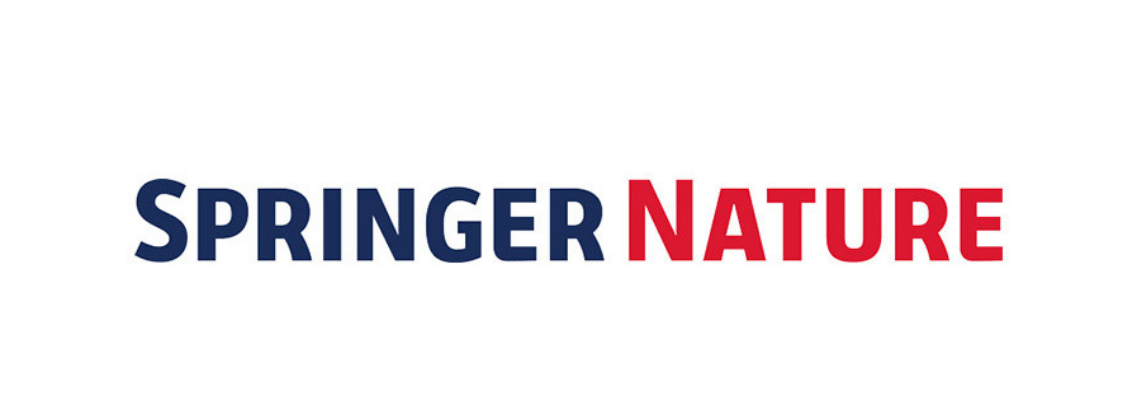More ‘read and publish’ deals for Cambridge and De Gruyter
Cambridge University Press has concluded three more ‘read and publish’ deals – each lasting three years – in the past month. An agreement with a German consortium led by the Bavarian State Library will give affiliated researchers access to four collections of Cambridge journals and cover the cost of open access publication of their publicly-financed research articles in the Press’s hybrid journals. A deal with the Max Planck Society will similarly cover fees for open access publication in the Press’s hybrid and fully Open Access journals and give access to Cambridge’s full collection of nearly 400 journals across STM and HSS, as will a new arrangement with the University of California, the Press’s first such deal in the Americas.
De Gruyter, meanwhile, has concluded a read and publish deal with four institutions represented by CzechELib, the National Centre for Electronic Information Resources of the Czech Republic, comprising the Czech National Library of Technology, the University of Chemistry and Technology in Prague, the Mendel University in Brno and the University of West Bohemia in Pilsen. Wiley has concluded a similar deal with a consortium of 33 Norwegian institutions via Unit, The Norwegian Directorate for ICT and Joint Services in Higher Education and Research.
Springer Nature develops mechanical author, extends pilot
It’s been a very busy month for Springer Nature, which has published its first machine-generated book, a prototype produced in collaboration with researchers at Goethe University Frankfurt/Main with the aim of helping researchers to manage information overload efficiently. The book uses an algorithm to select, consume, and process relevant publications in the field of lithium-ion batteries and then provide succinct summaries of articles, accompanied by quotes that link to the articles themselves. Springer plans to expand the pilot project by developing prototypes for content in other subject areas also.
The company has also announced that, after a successful pilot, it will be rolling out its In Review author service across its BioMed Central series of journals. The service, launched in October, provides a pre-publication platform for authors, along with other services and benefits, with the aim of opening up the submission, review and editorial processes.
Springer Nature has also announced some new initiatives around data-sharing, including a white paper, Five Essential Factors for Data Sharing, drawing on surveys of over 11,000 researchers to make concrete recommendations for good data practice, and a series of three two-day workshops on the subject for researchers funded by Cancer Research UK.
Two new companies for Digital Science
It’s been a busy month too for Digital Science, which has added two new companies to its ranks of research-related start-ups. Ripeta provides a suite of tools and services that use machine-learning and natural language processing algorithms to rapidly screen and assess manuscripts for the proper reporting of scientific method components, while Gigantum is developing a decentralized, scalable and user-friendly data science platform addressing collaboration and reproducibility issues.
Elsewhere in the group, Figshare has provided the technology behind the new repository for supplementary material published in two Future Science Group publications, Future Science OA and BioTechniques. And Altmetric, in partnership with Nature, has been awarded funding from the Google Digital News Innovation Fund to build a tool to measure the impact of journalism.
Kudos announces new partnerships
Kudos has announced two new partnerships: with open access publisher Hindawi and Digital Object Identifier (DOI) provider DataCite. The deal with Hindawi will enable its authors to use Kudos to explain their work in plain language, enhance it with links to related resources, and manage sharing both online and offline; the agreement with DataCite will see Kudos provide researchers with DOIs for their research projects and programs, supporting more widespread dissemination, engagement and tracking of impact activities.
In brief
Clarivate Analytics has opened a new office in China. Located in Guangzhou, a centre for innovation and development in southern China, the office is Clarivate’s fifth in the country, joining its existing offices in Beijing, Shanghai, Taiwan and Hong Kong.

Alastair Horne is a PhD student at the British Library and Bath Spa University.

